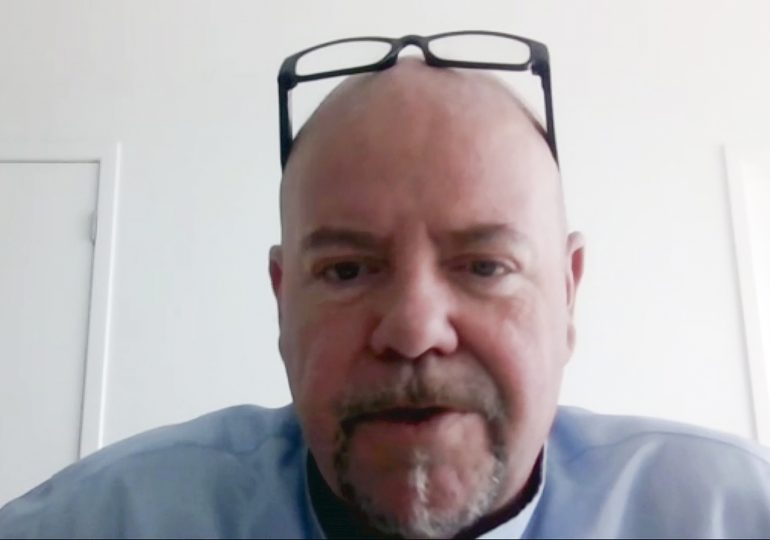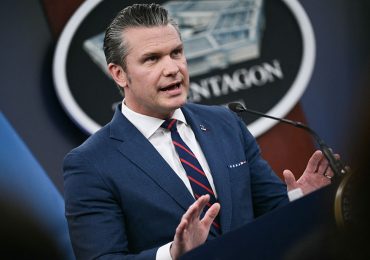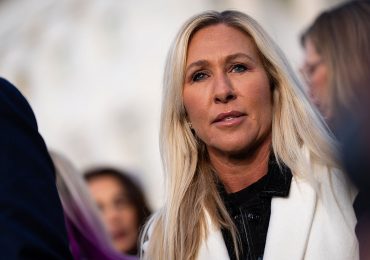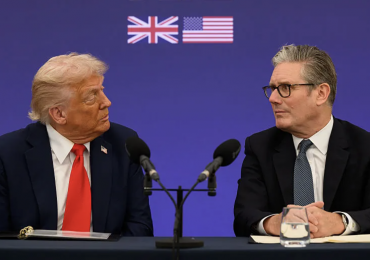Concord, N.H. — A political consultant who sent artificial intelligence-generated robocalls mimicking President Joe Biden’s voice to voters ahead of New Hampshire’s presidential primary faces a $6 million fine and more than two dozen criminal charges.
The Federal Communications Commission said the fine it proposed Thursday for Steven Kramer is its first involving generative AI technology. The company accused of transmitting the calls, Lingo Telecom, faces a $2 million fine, though in both cases the parties could settle or further negotiate, the FCC said.
[time-brightcove not-tgx=”true”]
Kramer has admitted orchestrating a message that was sent to thousands of voters two days before the first-in-the-nation primary on Jan. 23. The message played an AI-generated voice similar to the Democratic president’s that used his phrase “What a bunch of malarkey” and falsely suggested that voting in the primary would preclude voters from casting ballots in November.
Kramer is facing 13 felony charges alleging he violated a New Hampshire law against attempting to deter someone from voting using misleading information. He also faces 13 misdemeanor charges accusing him of falsely representing himself as a candidate by his own conduct or that of another person. The charges were filed in four counties but, as often happens with serious allegations, will be prosecuted by the state attorney general’s office.
Neither Lingo Telecom nor Kramer responded to requests for comment Thursday. Kramer previously told The Associated Press that he wasn’t trying to influence the outcome of the election but rather wanted to send a wake-up call about the potential dangers of artificial intelligence when he paid a New Orleans magician $150 to create the recording.
“Maybe I’m a villain today, but I think in the end we get a better country and better democracy because of what I’ve done, deliberately,” Kramer said in February.
Lingo Telecom told the AP in February that it was “committed to upholding the highest standards of customer care in compliance with all its regulatory obligations.” The company said at the time that it acted quickly to assist in the investigation once it was notified about the scam calls.
FCC Chairwoman Jessica Rosenworcel said regulators are committed to helping states go after perpetrators. In a statement, she called the robocalls “unnerving.”
“Because when a caller sounds like a politician you know, a celebrity you like, or a family member who is familiar, any one of us could be tricked into believing something that is not true with calls using AI technology,” she said in a statement. “It is exactly how the bad actors behind these junk calls with manipulated voices want you to react.”
Shortly after New Hampshire’s primary, the agency outlawed robocalls that contain voices generated by artificial intelligence.
In an interview days after he was publicly identified as the source of the calls, Kramer said he disagreed that his robocall suppressed voter turnout, noting that Biden won the Democratic primary by a wide margin as a write-in candidate. While he did some ballot access work for another former Democratic presidential hopeful, Rep. Dean Phillips of Minnesota, Kramer said he acted alone.
___
Swenson reported from New York.
Leave a comment








